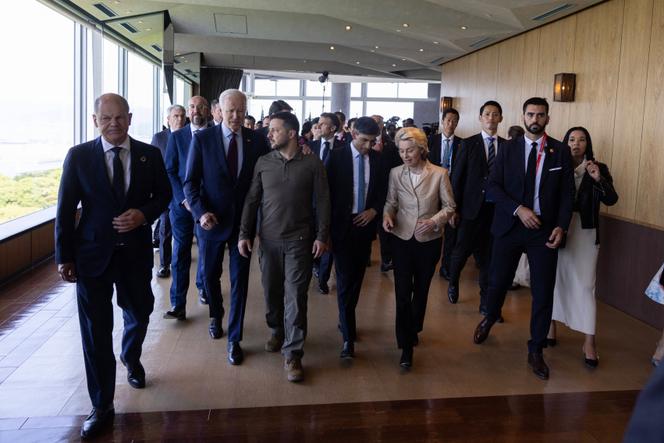
Once the European elections, scheduled for June 6-9, are over, the 27 member states will turn their attention to another election, which in some respects is just as decisive for Europe's future. On November 5, on the other side of the Atlantic, Americans will choose their next president. For the European Union (EU), this could mean the return of Donald Trump to the White House.
Trump's first term left the EU 27 with some bad memories. Today, apart from Hungarian Prime Minister Viktor Orban, who on March 8 met his "good friend" Trump in his Mar-a-Lago mansion, and Italian Council President Giorgia Meloni, whose party, Fratelli d'Italia, maintains friendly relations with the Republican candidate's team, no European leader is looking forward to him taking the helm once again.
But, in a way, the four years Europeans have spent working with Joe Biden have prepared them for this. It's true that the Democratic president has warmed up a transatlantic relationship that his predecessor had damaged. True, he has stood by the Europeans and Kyiv since the start of the war in Ukraine. But, in essence, the Biden years have only affably confirmed Washington's relative disinterest in Europe.
You have 87.56% of this article left to read. The rest is for subscribers only.